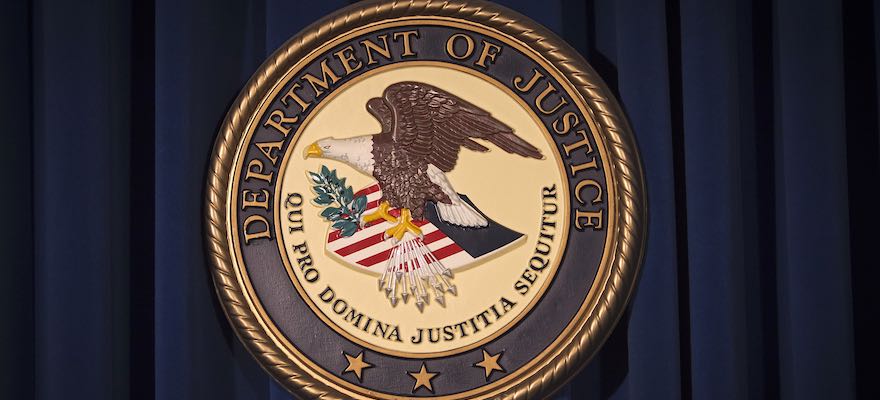The US Department of Justice (DOJ) has charged popular online payment processor Payza.com with laundering over $250 million connected to criminal activities ranging from Ponzi schemes to child pornography, federal prosecutors in Washington said on Tuesday.
The charges against Payza co-founders Firoz Patel, 43, and Ferhan Patel, 37, were already filed in November 2016, but only made public this week. The Canadian brothers stand accused of operating the cryptocurrency-friendly platform beyond the regulatory confines of the United States, in what prosecutors called a shadowy netherworld of cyberfinance.
“The defendants are accused of operating a money transmitting business that operated without the necessary state licenses and knowingly transmitting funds that were derived from illegal activity from in or about March 2012 until the present,” DOJ officials said.
Ferhan Patel was arrested in Detroit on Sunday, while his older brother remains at large. Both were charged with conspiracy to commit money laundering, as well as operating an unlicensed money-transmitting business.
The money laundering count carries a maximum sentence of 20 years in prison, while the other charges carry a maximum of five years.
In addition to the criminal charges, Payza’s website domain was seized and replaced by a DOJ message. The company’s social media profiles however, are redirecting customers to a new website with a .eu domain address. Officials also seized or restricted the activity of several bank accounts with $10 million having been frozen.
Service provider of criminals
Over six years, MH Pillars Ltd., which did business as Payza, sought to create a convenient way for criminals to make financial transactions as the Patel brothers were aware of their illegal activity.
As alleged, they also continued their activity despite receiving cease and desist letters from several states and being told that operating such a business without a license is a crime, according to an indictment, which was unsealed in the United States District Court for the District of Columbia.
Payza, which was incorporated in 2004, surfaced as a preferred vehicle to transfer money in a number of developing countries. It was also among the first online payment platforms and e-wallet providers to embrace Bitcoin back in 2014.
The closing of Payza seemed to have an immediate chilling effect on its customers, who were suddenly unable to access their funds. Law enforcement officials said the payment processor’s clientele was largely made up of criminals, but they invited any legitimate users to contact their office to get their money back.





Be First to Comment